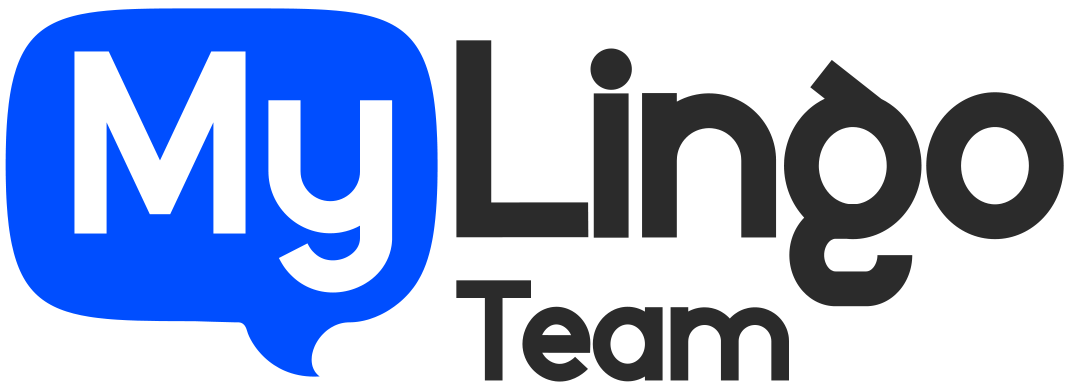خطاهای رایج در انگلیسی

خطاهای رایج زیادی در انگلیسی صحبت کردن افرادی که مشغول یادگیری آن هستند و یا به عنوان زبان دوم و یا بیشتر از آن استفاده می کنند وجود دارد که امروز میخواهیم به تعدادی از آنها اشاره کنیم
خطاهای رایج در انگلیسی: Before, Ago, Back
نگویید:
“I Sent The Letter Two Months Before.”
بگویید:
“I Sent The Letter Two Months Ago.”
یا:
“I Sent The Letter Two Months Back.” (دوستانه و غیر رسمی)
Ago و Back برای زمان های گذشته از لحظه حال استفاده می شود.
Before برای زمان های گذشته از زمان دیگری در گذشته استفاده می شود.
در اینجا چند نمونه از قبل آورده شده است:
Yesterday I missed my train. I got to the train station at 7:10, but the train had left ten minutes before.
I was very happy when I got this job last year, because I had lost my previous job six months before.
بیشتر بدانید:
دلایل تنفر زبان آموزان از گرامر
خطاهای رایج در استفاده از Said And Told
نگویید:
“She Said Me That She Was Happy.”
بگو:
“She Told Me That She Was Happy.”
یا: She Said That She Was Happy.”
Tell به معنای “دادن اطلاعات به یک شخص” است – بنابراین tell (حال) و told (گذشته) همیشه توسط یک شخص دنبال می شود: من، شما، او، او، ما، آنها، جان، جین، معلم و غیره.
با say (حال) یا said (گذشته)، می توانیم از این ساختارها استفاده کنیم:
- say (something)
Frances says she doesn’t like chocolate.
- say that (something)
I said that the new website design was great.
3. say (something) to (a person)
What did the teacher say to you when you failed the test?
4. “(something)” a person said
“Nice to meet you,” Harry said.
فقط به یاد داشته باشید:
you say something, and you tell someone something!
خطاهای رایج در انگلیسی: It
نگویید:
“Was Obvious That Something Was Wrong.”
بگو:
“It Was Obvious That Something Was Wrong.”
همه جملات در زبان انگلیسی به یک موضوع نیاز دارند (I, you, he, she, we, they, or it) – و بسیاری از دانش آموزان ایت موضوع را فراموش می کنند. در اینجا نمونه های بیشتری از جملات رایج با it آورده شده است:
It’s raining.
Is raining.
“How was your interview?”
“It was great!”
It’s not easy to work full-time while in school.
“Do you want to buy this cell phone?”
“I’m not sure. Can it access the internet?”
I like your necklace. Is it real gold?
According to the weather forecast, it’ll be sunny and hot tomorrow.
خطاهای انگلیسی: Difficult Or Difficulty؟
نگویید:
“I Have Difficulty To Wake Up Early.”
بگویید:
“It’s Difficult For Me To Wake Up Early.”
یا:
“It’s Hard For Me To Wake Up Early.” (غیررسمی تر، رایج تر)
در زبان انگلیسی گفتاری، کلمه hard اغلب به جای «difficult» استفاده می شود.
عبارت ” I have difficulty” را می توان قبل از اسم و عبارات “It’s hard” یا “It’s hard” را قبل از فعل استفاده کرد:
I have difficulty with grammar. / I have a hard time with grammar.
(grammar = noun)
It’s difficult for me to understand English. / It’s hard for me to understand English.
(remember = verb)
خطاهای رایج در انگلیسی: All, Whole, Every
نگویید:
“I Invited All The Class.”
بگویید:
“I Invited The Entire Class.” (رسمی تر)
یا:
“I Invited The Whole Class.” (غیررسمی تر)
EVERY
از EVERY با اسامی مفرد و قابل شمارش استفاده کنید:
- I exercise every day.
- Every studentin the class has a computer.
- Every necklacein this store costs more than $1,000.
ALL
ALL را با اسامی قابل شمارش جمع یا با اسامی غیرقابل شمارش به معنای 100٪ بسیاری از چیزها استفاده کنید:
- Allof this equipment is new.
= many pieces of equipment - Allthe students in the class have computers.
- Allthe necklaces in this store are expensive.
WHOLE / ENTIRE
از WHOLE یا ENTIRE با اسامی قابل شمارش غیرقابل شمارش یا مفرد برای معنی 100٪ یک چیز استفاده کنید:
- I ate the whole
= 100% of one pizza. - I finished reading the entirebook in three days.
=100% of one book.
ALL در مقابل WHOLE
در اینجا نمونه های بیشتری وجود دارد که تفاوت ALL و WHOLE را نشان می دهد:
I ate the whole cake.
= 100% of one cake.
I ate all the cakes.
= 100% of many cakes
The whole apple is rotten.
= 100% of one apple.
All the fruit is rotten.
= 100% of many apples, bananas, grapes, etc.
خطاهای رایج انگلیسی: Listen / Hear
نگویید: “I Listened A Great New Song On The Radio.”
بگویید: “I Heard A Great New On The Radio.”
بین listen و hear دو تفاوت وجود دارد:
Listen اغلب یک عمل طولانی است، اما hear فقط یک لحظه در زمان است:
While I was listening to the news, I heard that there was a plane crash outside the city.
در حین گوش دادن به اخبار، شنیدم که در خارج از شهر یک هواپیما سقوط کرده است.
(“گوش دادن به اخبار” = عمل مستمر، “شنیدم” = یک لحظه خاص)
گوش دادن اغلب عمدی است، اما شنیدن اغلب غیرعمدی است.
After I heard a loud noise downstairs, I listened carefully to see if a robber had entered the house.
بعد از اینکه صدای بلندی از طبقه پایین شنیدم با دقت گوش دادم تا ببینم دزدی وارد خانه شده است یا خیر.
(“صدای بلند شنید” = بدون تلاش، “با دقت گوش داد” = تلاش)
Listen همیشه با to دنبال می شود. بعد از hear از «to» استفاده نکنید.
I’m listening to a podcast.
I can’t hear the TV. Turn the volume up.
دارم پادکست گوش میدم
من نمی توانم تلویزیون را بشنوم صدا را زیاد کنید.
خطاهای رایج در انگلیسی: A, An, One
نگویید: “I Took One Pen And Started To Write.”
بگو: “I Took A Pen And Started To Write.”
وقتی عدد مهم است از one استفاده کنید. وقتی می خواهید تأکید کنید که فقط یکی است (نه دو یا سه یا بیشتر):
One of these eggs is rotten, but the others are OK.
I wanted to buy three CDs, but I didn’t have enough money, so I bought only one.
در همه موارد دیگر، زمانی که بودن” one” مهم نیست، از a / an استفاده کنید:
I had an omelet for breakfast.
I bought a new CD yesterday.



دیدگاهتان را بنویسید